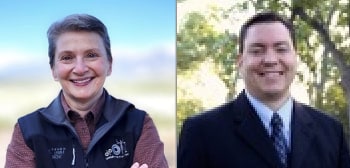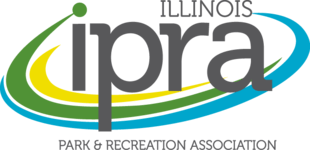'25 Financial Sustainability Certificate Program - Part II Sessions

Program Outline
Topical Outline
Location
Senior Center
Speakers
-
Jamie Sabbach - SpeakerJamie Sabbach has spent her entire adult life serving the local government. Afforded opportunities few will ever have, she has been a practitioner, an educator, and consultant. She speaks from a place of experience, realism, and observation. Jamie has taught hundreds of professional development and training programs across North America and Europe and has had the privilege of testifying in front of the United States Congress on the critical importance of public lands and recreation. She currently works alongside organizations from coast to coast assisting them in creating financially sustainable service models for their communities. She also teaches financial management at Indiana University in the School of Public Health’s masters program.
-
Kevin Shepherd - SpeakerKevin Shepherd began his career as a civil engineer designing infrastructure and development projects before transitioning into community planning where he worked on master plans and sustainability strategies for cities across North America. He realized that very few cities had the money needed to maintain services and infrastructure, and that shifts needed to be made to get back on a fiscally sustainable path. Kevin founded Verdunity in 2011 to focus on helping communities understand and address these challenges because he believes everyone deserves to live in a prosperous and vibrant neighborhood at a cost they can afford. Verdunity's work has been featured by national organizations including the American Planning Association (APA), Government Finance Officers Association (GFOA), International City/County Management Association (ICMA), as well as advocacy organizations including Strong Towns and Bloomberg.
Summary
This program offers a structured and engaging exploration of the financial, strategic, and policy dimensions essential to effective community service delivery. Participants will begin with a deep dive into costs and cost of service, followed by an examination of investment vs. consumption spending, and how to assess return on investment.
The schedule continues with a discussion on where quality of life services fit, the balance between stability and growth, and the financial realities of taxes and funding—including a candid look at common fiscal challenges. Strategies for identifying sustainable funding, engaging community stakeholders and policy makers, and navigating policy development and adoption are also covered.
In the final sessions, participants will define their ideal scope of work, outline next steps for action, and explore methods for reinforcing learning and retention. The program concludes with a focus on future planning and a comprehensive evaluation and wrap-up to ensure meaningful application and long-term impact.
Powered By GrowthZone
